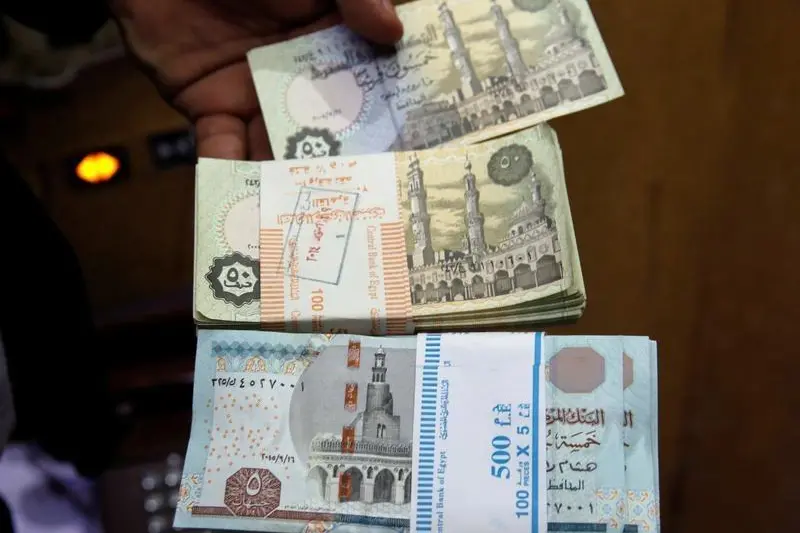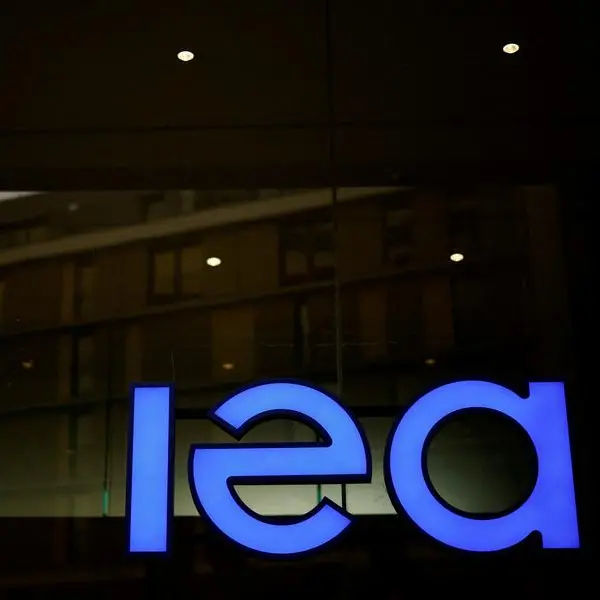PHOTO
Saturday, Dec 24, 2016
Cairo: A string of loans recently secured by the Egyptian government are providing a badly needed fillip for the country’s struggling economy, experts have said.
The government on Thursday signed a $1 billion (Dh3.67 billion) loan agreement with the World Bank, officially dubbed the Second Consolidation Sustainable Energy and Competitiveness Programmatic Development Policy Financing (DPF) in Egypt
“This loan represents a new testimony of confidence in the Egyptian economy and its reforms,” Mohssen Fadl, a banking expert said.
“Significantly, the agreement with the World Bank comes a month after the IMF approval of a big loan to Egypt. The financing by both international institutions emphasises that the Egyptian economy is on the right track.”
Last month, the IMF endorsed a $12 billion programme to Egypt, which has already received $2.75 billion from the lender, marking the first instalment of the bailout loan.
According to Fadl, the World Bank loan, which has a maturity of 35 years with a grace period of five years, will augment Egypt’s foreign currency reserves, which dwindled in the post-2011 uprising years.
“The new loan will provide Egypt with more hard currency liquidity enabling it to meet its foreign financial obligations,” he said.
Two days before the World Bank loan was unveiled, Egypt sealed a $500 million loan with the African Development Bank as part of a $1.5 billion lending programme over three years.
Weakened Egyptian pound
Egypt’s currency reserves reached $23 billion in late November, an increase of $4 billion against the previous month.
The country’s reserves peaked at $36 billion in 2010, but have since been eroded as a large portion of the saving was spent on shoring up the weakened Egyptian pound against the dollar.
On November 3, Egypt floated its pound and cut fuel subsidies, measures that were praised by economists, but triggered public discontent due to resulting price hikes of different commodities including food.
The government has said that the tough steps were necessary to heal the economy and urged Egyptians to be patient.
However, some experts are wary of the loan inflow into Egypt. One critic is Salma Hussain, an economic researcher.
“The government has violated the constitution by obtaining the IMF loan and other loans without getting approval of the parliament,” she said.
Article 127 of the 2014 constitution obliges the government to seek the legislature’s endorsement of loans and other forms of financing not listed in the public budget.
“The assembly discussed only $4 billion out of a total of $40 billion in loans that the government has agreed to,” Hussain added. “Thus the government has borrowed money without the assembly’s approval and is now unlawfully spending billions.”
A government could not be reached for comment.
The parliament is led by backers of President Abdul Fattah Al Sissi who has pledged to revitalise the economy hurt by the unrest that followed the 2011 revolt.
By Ramadan Al Sherbini Correspondent
Gulf News 2016. All rights reserved.





















